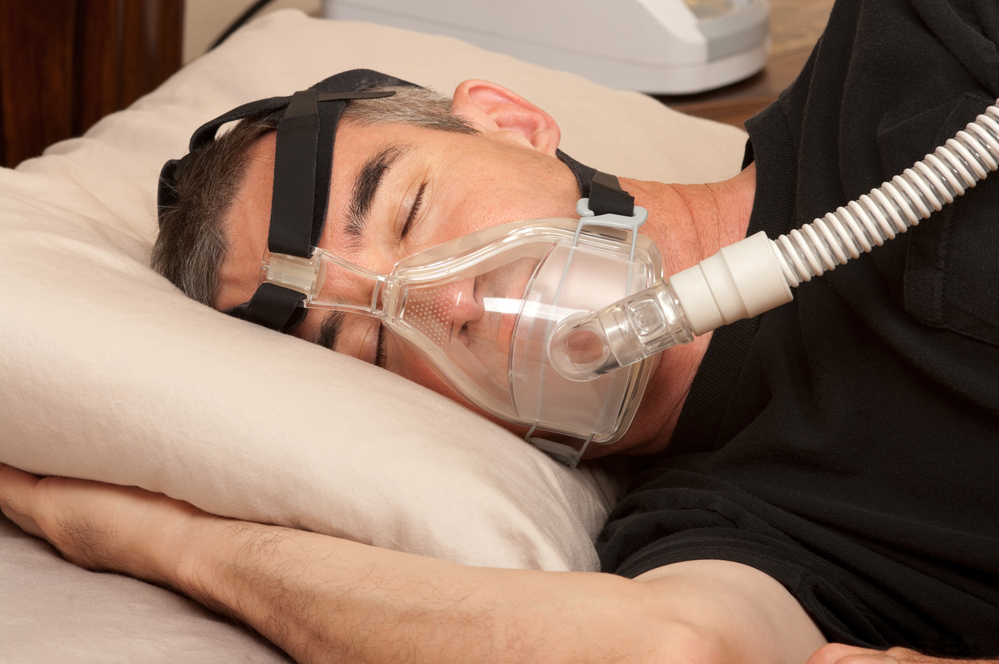Philips ‘suppressed sleep apnea device problems for 10 years’

Philips suppressed more than 3,000 complaints about problems with its sleep apnea devices over a period of more than a decade, according to research by media organisations including the newspaper NRC.
The Eindhoven-based electrics giant has records of 3,700 reports in its internal systems alone which were not shared with regulators in the US in time. They include at least 10 patients whose deaths are potentially linked to the machines.
Philips is currently embroiled in several lawsuits in the United States brought by patients who used its respirators to treat lung conditions and sleep apnea.
Polyester foam used to dampen the noise from the machines was found to have degraded during cleaning, exposing patients who inhaled the particles to an increased risk of cancer.
Philips said this month it would make an initial payment of $479 million (€448 million) to settle one of the class actions to “economic loss”, but continues to deny liability for the patients’ health problems.
In 2021 the company issued recall notices for 15 million devices that included polyester foam. More recent versions use polyether foam, which does not degrade in the same way.
A lawyer handling insurance claims against Philips, Chris Seegers, said its suppliers had warned it in 2016 to stop using polyester foam in its sleep apnea masks.
FDA rules
From 2014 Philips received at least 250 complaints a year, rising to more than 900 in 2020, the year before the recall action began, NRC reported. The newspaper collaborated with investigative website ProPublica, the Pittsburgh Post-Gazette and a team of journalism students at Northwestern University in Chicago.
Philips said it did not take action earlier because it was unaware of the extent of the problem. By the spring of 2021 it had only notified the US Food and Drug Administration of 30 cases of devices where the foam had degraded.
The FDA’s rules required Philips to pass on reports of defects within 30 days. In November 2021 the FDA wrote a damning assessment of risk analysis procedures at Philips’s Pittsburgh-based subsidiary, Philips Respironics, including its handling of complaints about its respiratory devices.
In 2022 Philips responded by compiling a list of unreported issues, the earliest of which dated back to 2010.
The case files included at least 10 patients whose deaths may have been partly attributable to their use of Philips devices, as well as others where doctors, patients and maintenance technicians noted “impurities” and “black subtances” in the machines or the patient’s airways.
A spokesman for Philips said the company had gone through the archived complaints “as a matter of great caution” to identify cases that “had a possible connection with the degrading foam” and pass them on to the FDA. Philips claimed that it had “previously established that [the complaints] did not need to be reported”.
Thank you for donating to DutchNews.nl.
We could not provide the Dutch News service, and keep it free of charge, without the generous support of our readers. Your donations allow us to report on issues you tell us matter, and provide you with a summary of the most important Dutch news each day.
Make a donation